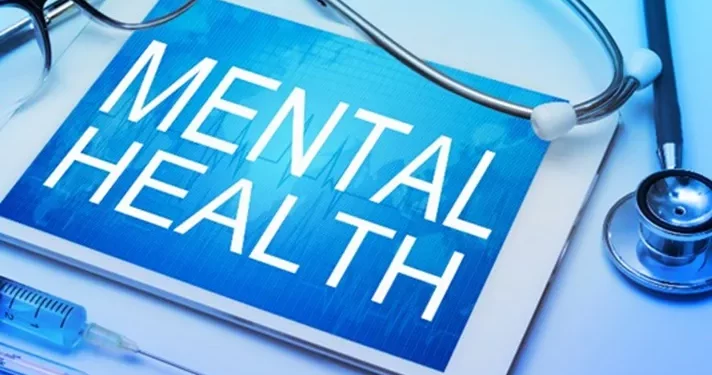A new analysis has highlighted a significant rise in interest and claims related to mental health insurance. Internet searches for mental health coverage grew by 41% in 2024, and claims related to mental health have surged by 30-50% in recent years.
The study revealed that individuals aged 25 to 35, in particular, face unique stressors such as work-life imbalance, financial insecurity, and job instability. This age group has shown a strong tendency to file claims for therapy, stress counseling, and medication for anxiety. They also actively engage with digital mental health platforms and app-based therapy tools. These trends suggest a greater awareness of mental health issues and a willingness to seek support during this life stage.
The majority of mental health insurance claims involve mild to moderate conditions, showing increased detection and openness to early intervention. However, chronic and severe mental health disorders remain underreported. This is likely due to ongoing stigma and limited access to diagnosis facilities in many parts of the country.
Siddharth Singhal, Head of Health Insurance at Policybazaar, noted the growing trend, especially among young adults, women, and people in high-stress jobs. “The surge in searches for mental health insurance is a sign of a larger societal shift, where people are becoming more aware of their mental well-being and actively seeking financial protection for it,” Singhal said. He emphasized the importance of making mental health care more accessible and reducing stigma.
The analysis also found that anxiety disorders account for 30-35% of mental health claims, while depression contributes around 25-30%. The availability of OPD benefits, the decline in stigma—especially in urban and educated circles—and heightened post-pandemic awareness have all played a role in the rise of mental health insurance.
An encouraging trend from the report is that women are 27% more likely to enroll in mental health insurance compared to men. Furthermore, 65% of insured women choose policies with features that address both mental and hormonal health. Women’s higher claim rates for stress, anxiety, and depression are linked to reproductive life stages and their emotional caregiving roles.
The study also showed that mental health-related insurance claims, including therapy sessions, psychiatric consultations, and prescribed medication, are now commonplace. Cashless therapy services are being used more frequently, making mental health care more accessible than ever before.
Related topics:


















